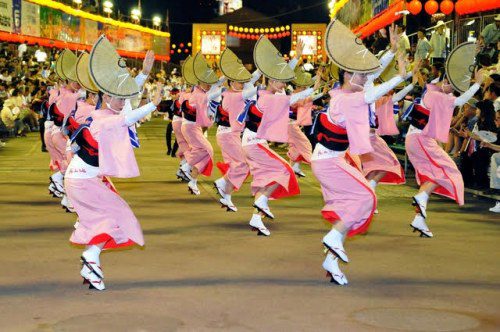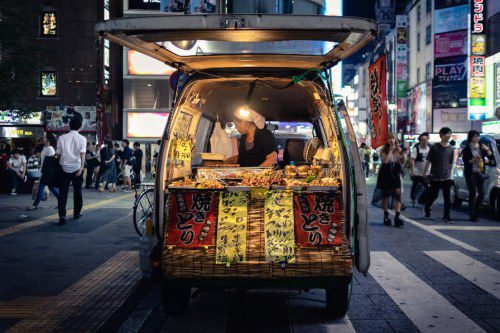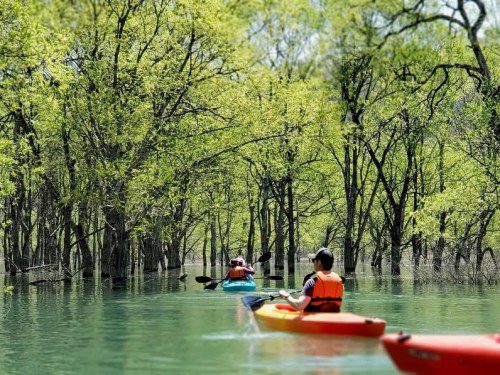 Fuelled by aspirational social media content and inspiring stories from their digital nomad peers, Gen Z and Millennials certainly have the travel bug. In fact, the life-enriching experiences gained through travel for these generations is said to have become a core priority alongside career advancement, owning a home, and other traditional life goals.
Fuelled by aspirational social media content and inspiring stories from their digital nomad peers, Gen Z and Millennials certainly have the travel bug. In fact, the life-enriching experiences gained through travel for these generations is said to have become a core priority alongside career advancement, owning a home, and other traditional life goals.
Aside from seeing the value in exploring the world, it’s also becoming increasingly recognised that Gen Z and Millennials also travel with purpose. Here are some of the key priorities and trends among these generations of Aussie travellers that are shaping their travel choices and behaviours – and why Japan delivers on all of them.
Family enlightenment
While Japan’s theme park offerings offer plenty of fun for families, the next generation of parents also want their children to be global citizens and are increasingly likely to introduce their children to travel experiences that educate and are similar to their life before children. Japan is an easy destination for families to discover together, offering engaging cultural experiences for people of all ages and soft outdoor adventure activities for every level of ability.
For cultural experiences the whole family can enjoy, you might consider interactive experiences such as the samurai and ninja experience at Kyoto’s Samurai and Ninja Museum, a manga and anime tour of Tokyo’s Akihabara district, some of Japan’s many food museums such as the Cupnoodles Museum in Yokohama, or the traditional local festivals (Matsuri) that take place across the regions throughout the year featuring music, performances and street food. The many historic shrines and temples dotted all around Japan also make for a captivating day out for families keen to immerse themselves in spectacular surrounds while exploring local rituals and customs at their leisure.
Aside from opening young minds to Japan’s traditional culture, the country’s varied landscapes and climates offer an array of outdoor activities that are ideal for taking part in as a family. Examples include family friendly river rafting rides in locations like the Tone River in Gunma Prefecture or Yoshino River in Shikoku, reef snorkelling and ziplining canopy tours in Okinawa, and snow tubing in family friendly ski resorts such as Niseko in Hokkaido or Nozawa Onsen in Nagano. You’ll also find designated walking and cycling trails in Japan’s many national parks with detailed guidance around their difficulty level.

In search of wellness
Gen Z and Millennials are well educated about the importance of physical and mental wellbeing and the impact it can have on their lives, so they seek unique wellness experiences in destinations they visit. In Japan, wellness has been integral to its culture for centuries which makes the country one of the top destinations in the world for travellers to find new ways to support the body and mind.
From diet and mindfulness to martial arts and physical wellbeing, wellness touches so many facets of the Japanese way of life, making for some varied and enjoyable experiences for travellers. Join a wellness program in the serene surrounds of a Zen meditation or yoga retreat which combines the practice of yoga or meditation with outdoor activities and healthy eating – or perhaps try a tea ceremony experience to learn about the health benefits of matcha and how to prepare and drink tea mindfully.
Other uniquely Japanese ways to unwind and stay healthy include experiencing the therapeutic benefits of natural hot springs at an onsen resort or ryokan (traditional Japanese inn) or immersing yourself in nature during a forest bathing experience in the lush surrounds of Yakushima Island. For something more energetic and hands on, a traditional martial arts class in karate, judo, or aikido can offer physical fitness benefits as well as help promote mental discipline and focus.

Foodie focussed
Food is a huge motivator for travel among Gen Z and Millennials who are most likely to shun the idea of seeking Western options in favour of exploring culture through culinary experiences. Japan’s food scene is a great way to connect with local culture with diverse offerings and experiences varying from one region (and season) to the next.
Get to know the different styles of ramen from Fukuoka’s tonkotsu made with pork bone broth to the savoury miso ramen Sapporo is famous for, as well as the different types of noodles including Nagano’s buckwheat soba noodles and the hearty udon noodles of Kagawa.
Dining experiences in Japan can also range from affordable and casual to formal and luxurious, so why not experience the full spectrum. Explore the evening street food stalls (yatai) of Fukuoka, the cosy ambience of an inner city izakaya for yakitori, or the bustling seafood markets of Kanazawa or Hakodate to try fresh sashimi. Get familiar with the art of kaiseki (multi-course dinner) – either as part of a ryokan stay or at a restaurant – to experience the colours, flavours and meticulous presentation of locally sourced produce.
Japan’s many guided food tour offerings could also be a great way to try the best regional dishes while learning about their ingredients and history.




















